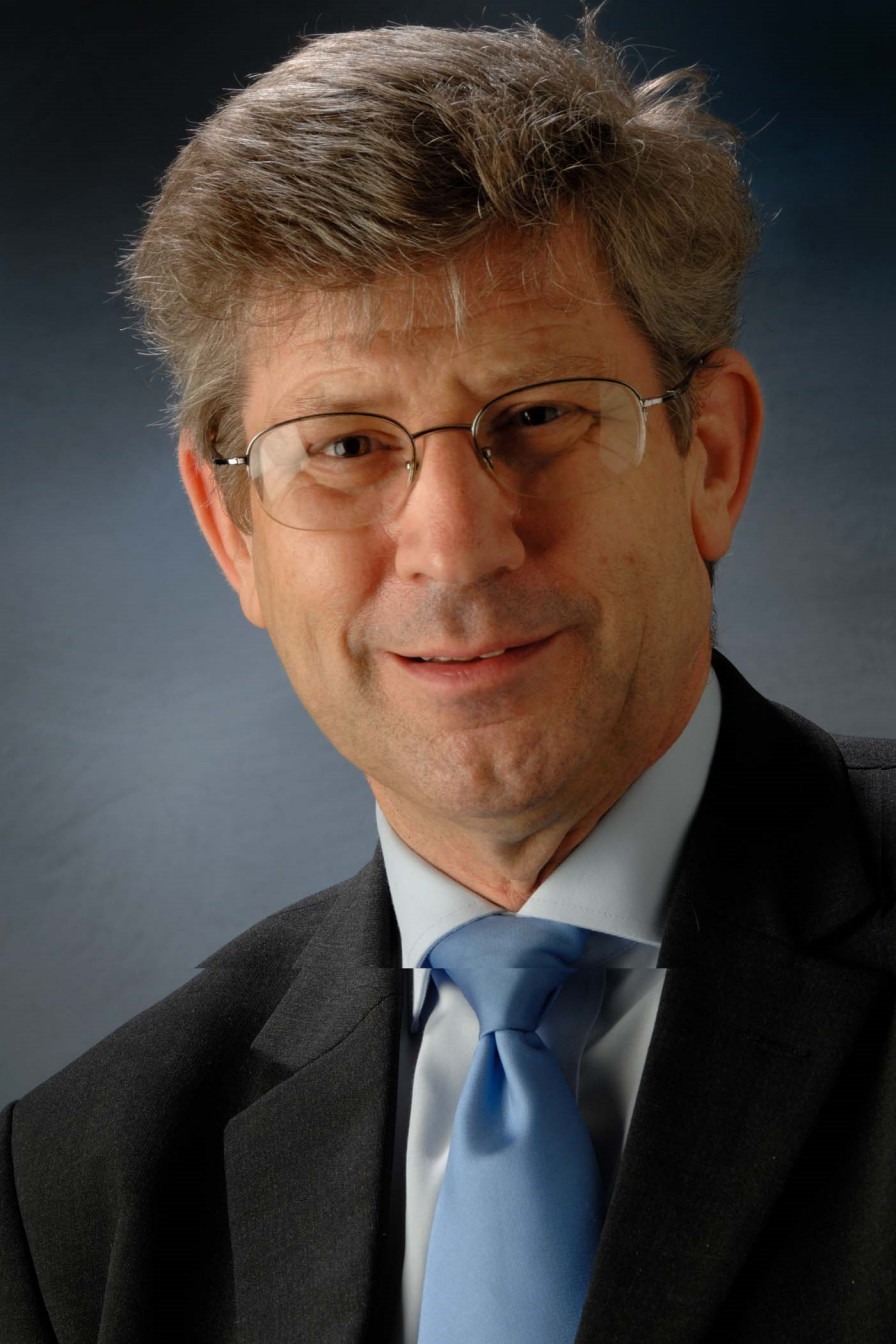So What?

How can we sustain and improve the access to and quality of music education over the next 3 years? If this question interests you do read on!
I do not blog regularly, but I hope that colleagues who take the time to read my occasional blogs find in them food for thought and realistic opportunities for meaningful and worthwhile practical action.
So many wonderful things are happening, often in the face of significant challenges. This week I was privileged to hear some phenomenal singing and playing as I adjudicated at a young musician of the year final with candidates from all of the secondary schools in one local authority area. Also, following a visit by a colleague to a First Access programme, I heard and saw a really moving recording of a primary school with great singing and instrumental accompaniment involving the whole school. Hopefully you will also regularly experience inspirational and motivational moments.
We all want every young person to have the opportunity to find the place of music in their own lives and to enable them to engage positively with music, progressing as far as they wish. Individually we have great successes. But how can we build on these to ensure we sustain and improve the access to and quality of music education? Somebody should do something about it! Well the good news is that some body or rather bodies are doing something about it.
Just to give some examples of current work undertaken by Music Education Council members: the Paul Hamlyn Foundation Inspire music programme is collecting examples of effective practice to share via a web portal. Music Mark is researching examples of good teaching in first access programmes, taking account of the context. Youth Music is hosting the Youth Music Network with several discussion forums. The MEC itself has a strategy with includes working groups addressing Early Years; First Access; Curriculum in schools; Music Technology; Singing; SEN/D; HE/ITT; and Adult, with other groups ensuring coherence with the ‘client’s voice’; research; quality; progression; and CPD.
So how can we sustain and improve the access to and quality of music education over the next 3 years? By getting involved. By sparing a moment to celebrate and share what you are doing with others and finding out more about what they are doing. None of us has all the answers. None of us can do it alone. Together we are greater than the sum of our parts.
Through the MEC we are collectively articulating a vision for music education for 2030. Practical steps for each of our four UK nations are in process now towards realising that vision. The ISME world conference in Glasgow in July 2016 will be a place to put out thinking in an international context and through the MEC you can get a special rate to attend!
If you are doing great work and are happy doing it alone – fine – good luck to you. But if you want to play a part beyond your own personal sphere of influence, or wish to help secure the future for music education and are not sure how to do it, contact me and maybe I can help. (Pro Bono). (halla@globalnet.co.uk 07850 634239). Dick Hallam, Chair, Music Education Council.
